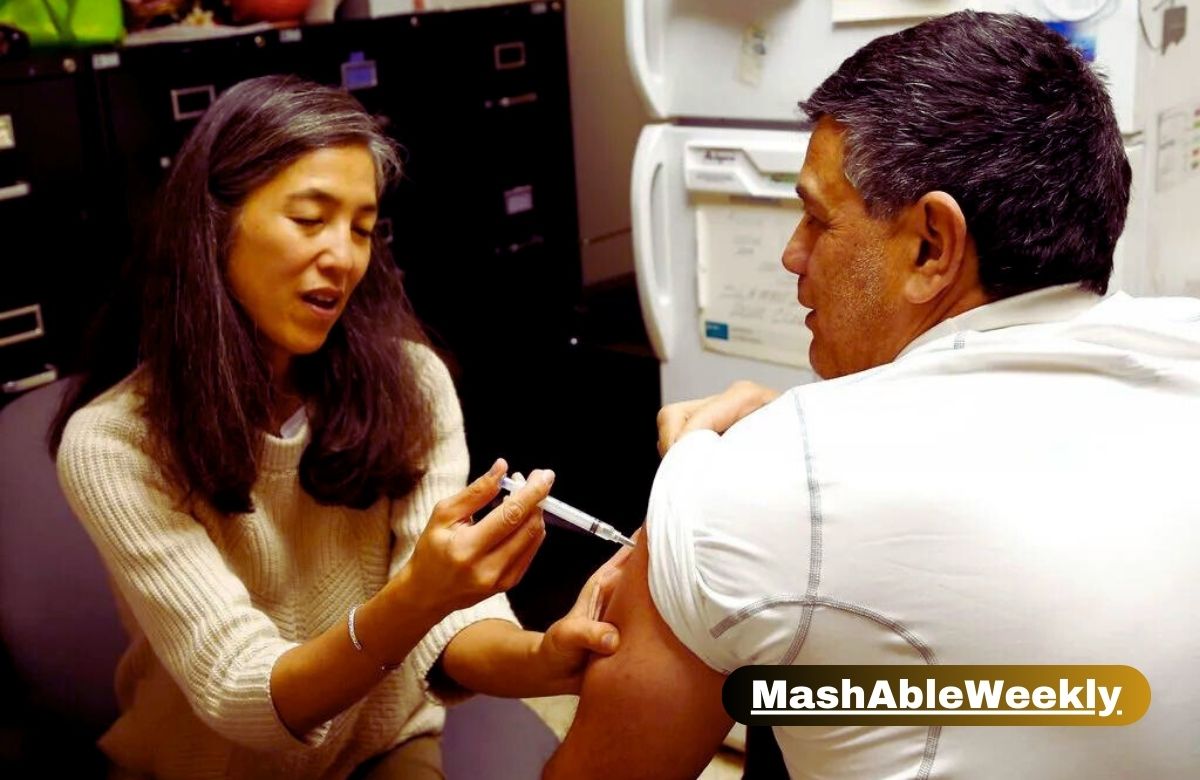Flu Season in Arkansas: The Arkansas Department of Health
As the seasons change and temperatures drop, the flu virus tends to make its annual appearance, affecting communities nationwide. In Arkansas, the Arkansas Department of Health (ADH) plays a crucial role in guiding residents through flu season, ensuring public health and safety. In this beginner’s guide, we’ll explore the basics of the flu, its impact on Arkansas, and how the ADH actively contributes to minimizing the spread of the virus.
Understanding the Flu
To begin our journey, let’s delve into the basics of the flu. Influenza, commonly known as the flu, is a contagious respiratory illness caused by influenza viruses. These viruses can result in mild to severe illness, and in some cases, can lead to hospitalization or even death. The flu is not to be confused with the common cold, as they are caused by different viruses with distinct symptoms.
Transitioning to Arkansas: Flu Trends
Now that we’ve established the fundamentals, let’s turn our attention to Arkansas and its experience with the flu. Flu season in the Natural State typically peaks between December and February, with occasional cases extending into the spring months. Arkansas, like many other states, sees a rise in flu activity during these colder periods, emphasizing the importance of preparedness.
The Arkansas Department of Health’s Proactive Approach
Amidst the challenges posed by flu season, the Arkansas Department of Health takes a proactive stance in safeguarding the well-being of its residents. Through various initiatives and programs, the ADH actively works to minimize the impact of the flu on the local population.
Education and Outreach
One of the primary tools in the ADH’s arsenal is education. The department conducts extensive outreach programs to disseminate information about the flu, its symptoms, and preventive measures. By employing a variety of communication channels, including social media, community workshops, and informational pamphlets, the ADH ensures that residents are well-informed and equipped to protect themselves and others.
Vaccination Clinics: Your Defense Against the Flu
One of the most effective ways to shield oneself from the flu is through vaccination. The ADH organizes vaccination clinics across the state, providing convenient access for residents to get immunized. These clinics not only contribute to individual protection but also foster community immunity, reducing the overall spread of the virus.
Active Surveillance and Monitoring
To stay ahead of the flu’s progression, the ADH engages in active surveillance and monitoring. By closely tracking flu activity, the department can identify trends, allocate resources effectively, and implement timely interventions. This vigilant approach allows for a swift response to emerging challenges and ensures that the health infrastructure is prepared to handle potential surges in flu cases.
Responding to Outbreaks: ADH’s Collaborative Efforts
In the event of a flu outbreak, the ADH collaborates with local healthcare providers, schools, and other community organizations to implement a coordinated response. This collaborative effort aims to contain the spread of the virus, provide timely medical care, and protect vulnerable populations such as the elderly and young children.
Arkansas Flu Hotline: A Resource for Residents
Recognizing the need for accessible information, the ADH operates the Arkansas Flu Hotline. This resource serves as a hub for residents seeking guidance on flu symptoms, treatment options, and vaccination schedules. The hotline is staffed by knowledgeable professionals who can address concerns and provide accurate information, contributing to a more informed and resilient community.
Tips for Flu Prevention and Management
Now that we’ve explored the ADH’s role in combating the flu let’s equip ourselves with practical tips for prevention and management.
- Vaccination: Schedule your flu vaccination annually, preferably before the flu season peaks. It’s a simple yet effective measure to protect yourself and those around you.
- Hand Hygiene: Regular handwashing with soap and water is a fundamental practice in preventing the spread of the flu. If soap and water are unavailable, using an alcohol-based hand sanitizer is a suitable alternative.
- Respiratory Etiquette: Practice good respiratory hygiene by covering your mouth and nose with a tissue or your elbow when coughing or sneezing. Dispose of tissues properly and wash your hands immediately.
- Stay Informed: Keep yourself informed about flu activity in your community. Stay connected with the ADH through their communication channels and follow their recommendations.
- Seek Medical Attention: If you experience flu-like symptoms, seek medical attention promptly. Early intervention can help mitigate the severity of the illness and prevent further transmission.
Conclusion
In navigating flu season in Arkansas, the Arkansas Department of Health stands as a beacon of guidance and support. Through education, vaccination initiatives, surveillance, and collaboration, the ADH actively contributes to the health and well-being of the state’s residents. By following the recommended preventive measures and staying informed, individuals can play an essential role in minimizing the impact of the flu on themselves and their communities. As we continue to face the challenges of flu season, let’s unite in our efforts to create a healthier and more resilient Arkansas.



